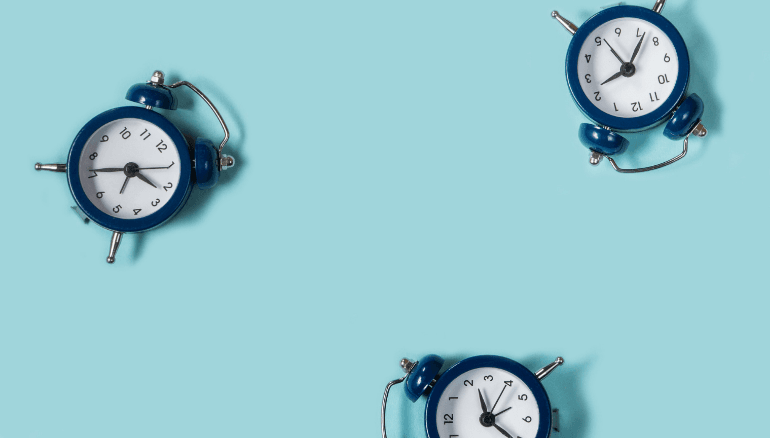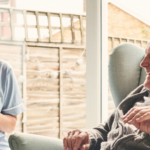Testosterone has copped a lot of the blame for inequality in health outcomes between men and women affected by COVID-19, and the possibility of a genetic determinant of vulnerability resulting from sex chromosome differences has been raised1.
Such simple explanations fail to consider the complexity social influences on men’s health, and the interactions between these and biology.
Lifespan is a crude indicator of health and wellbeing but it’s easy to measure and compare between males and females in populations of humans and other animals.
In the majority of species of wild mammals that have been studied, lifespan is about 20% longer for females than males2. In humans, women live almost 8% longer than men.
So, there does seem to be some fundamental sex effect on lifespan, but it looks like there’s something we’re doing that our non-human mammalian counterparts aren’t, which has reduced the disparity.
In the words of the World Health Organisation, ‘The exact contributions of sex and gender to health disparities are often hard to separate because they do not operate independently’.
Undoubtedly, men’s propensity for risk-taking contributes to their higher likelihood of death from interpersonal violence and road injury than women. But this same characteristic may also explain men’s delay, when compared to women, in seeking healthcare.
Although this doesn’t mean that men don’t go to the doctor — men monitor their own health and seek help when they think they need it, but they tend to take this important step later in the course of disease than women.
The consequences of men’s delayed action in seeking care is exemplified by sex differences in rates and outcomes of thyroid cancer.
In Australia, new cases of thyroid cancer in women outnumber those in men by almost 3-to-1, yet the number of deaths from thyroid cancer is about the same for men and women3.
This profound difference in outcomes can be attributed, at least in part, to men presenting at a more advanced stage of disease.
We know what some of the things are that prevent men going to the doctor. To start with, men are more likely to seek health information from family members or the internet than a health professional4.
And when men realise that they need a visit to the doctor, a lack of affordability and availability are two of the most common things that stand in the way4.
Tired masculine traits like stoicism, independence and self-reliance can also get in the way of men seeking healthcare when they need it5.
However, a majority of young Australian men reject harmful masculine stereotypes6, raising the prospect of new generations of men who may be more willing to seek help early when they need it4.














